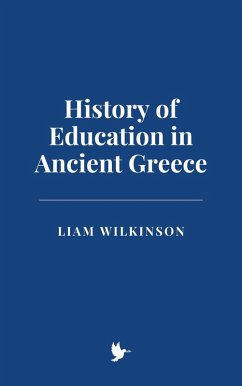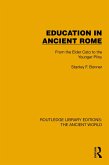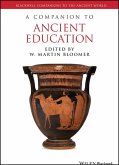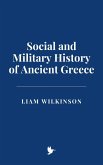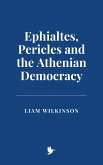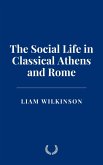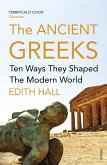Key educational institutions such as the agoge in Sparta, the gymnasium, and philosophical academies like those founded by Plato and Aristotle are analyzed in depth, highlighting their roles in shaping Greek culture and thought. The transformative contributions of figures such as Socrates, Plato, Aristotle, and the Sophists are explored, illustrating their influence on the philosophical and practical dimensions of teaching. Special attention is given to the inclusion and exclusion of marginalized groups, such as women and non-citizens, and the implications of these dynamics for Greek society.
The work also examines the dissemination of Greek educational ideals into the Roman world, emphasizing their synthesis with Roman pragmatism and their profound impact on Western intellectual traditions. Furthermore, the text reflects on the integration of Greek concepts into modern pedagogy, particularly the emphasis on critical thinking, ethical reflection, and interdisciplinary learning.
Drawing on a wealth of primary sourcesphilosophical treatises, epic poetry, historical accounts, and archaeological evidencealongside modern scholarship, this study provides a comprehensive analysis of Greek education as a dynamic and enduring force. The legacy of Greek education continues to resonate, offering timeless insights into the transformative power of knowledge, the role of education in fostering civic engagement, and the pursuit of human excellence.
Dieser Download kann aus rechtlichen Gründen nur mit Rechnungsadresse in A, B, CY, CZ, D, DK, EW, E, FIN, F, GR, H, IRL, I, LT, L, LR, M, NL, PL, P, R, S, SLO, SK ausgeliefert werden.

